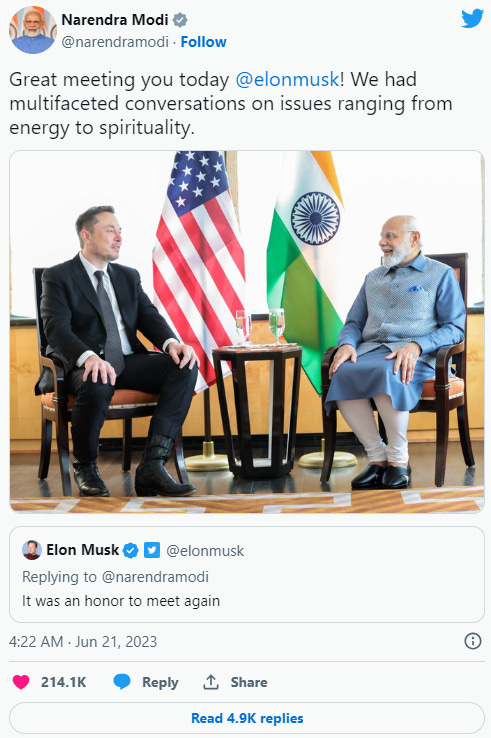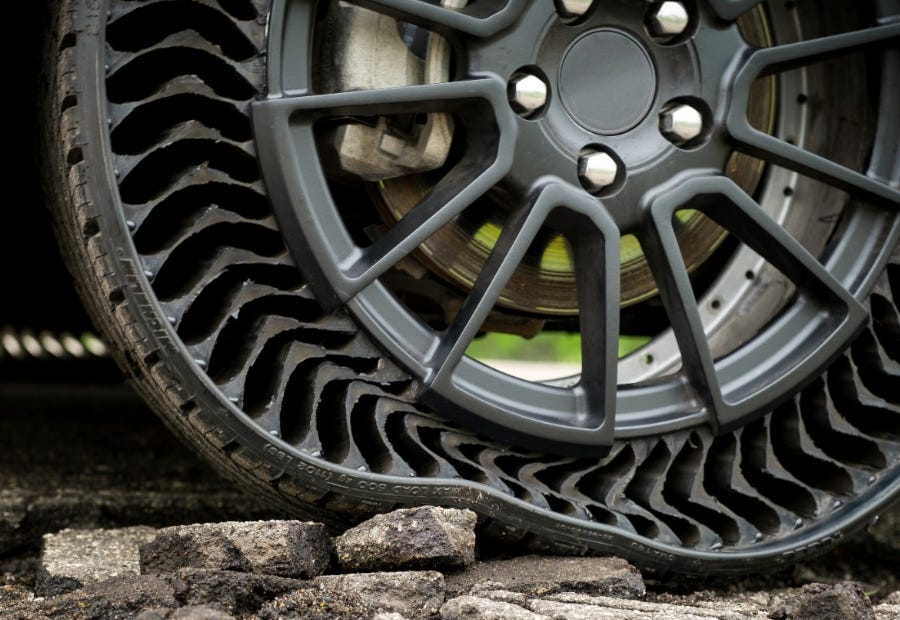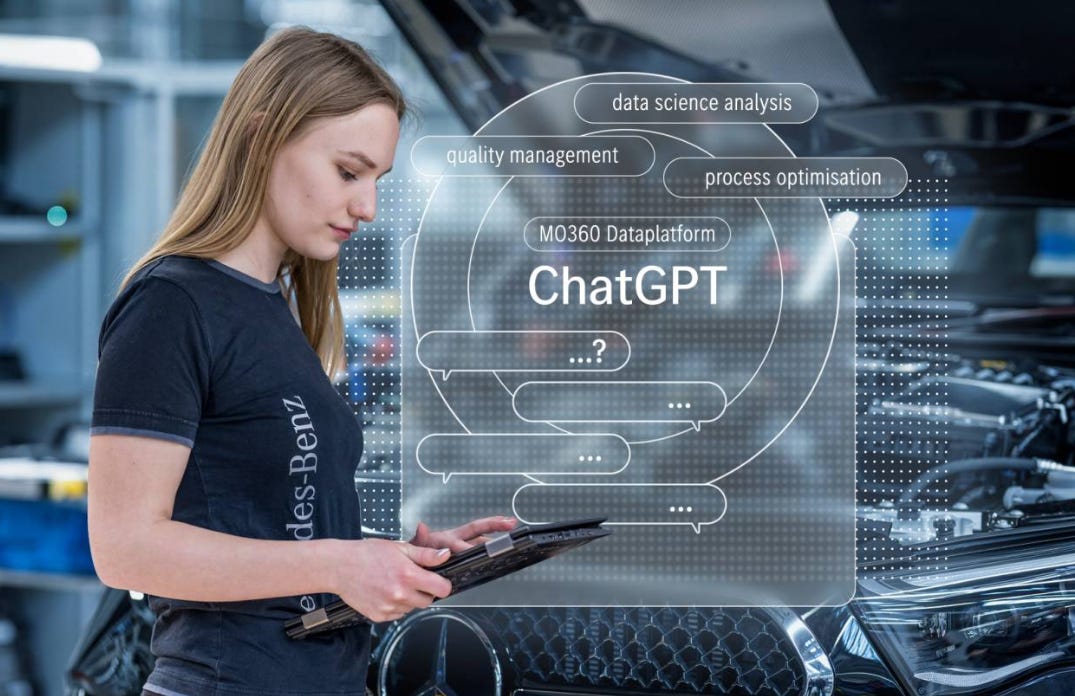Tesla x India
The Indian PM, Narendra Modi, recently visited the USA and he interacted with top business leaders from both countries, exploring opportunities for collaboration in sectors such as technology, renewable energy, and healthcare. One key interaction that happened was between Modi and Elon Musk
Tesla has expressed its interest in entering the Indian market, which is one of the world's largest automobile markets. Tesla is in discussions with the Indian government to seek import duty reductions, incentives, and other benefits to make their electric vehicles more affordable and competitive in the Indian market.
Rumour has it that Tesla's initial bid were rejected by the Indian government as it lacked incentives for competition and prospects for growing the Indian EV landscape.
But now, the company is reportedly exploring the possibility of setting up a manufacturing facility in India to produce electric vehicles locally. Tesla has registered its Indian subsidiary as "Tesla India Motors and Energy Private Limited" and is in the process of establishing a research and development (R&D) center in Bengaluru.
Tesla's entry into India is expected to boost the adoption of electric vehicles in the country and contribute to India's goals of reducing carbon emissions and promoting sustainable transportation.
Let's go deeper
The name of the Indian subsidiary gives an indication that Tesla is also interested in the Energy sector as well. Tesla aims to expand significantly over the next decade and establish a total of 12 Gigafactories worldwide. I wouldn't be surprised if they actually decide to open one in India. It is no secret that India does not have all the raw materials to satisfy domestic demand. And I think Tesla can help improve the situation by sourcing raw materials and setting up refining and processing facilities in India as part of the Gigafactory. This not only gives them an advantage owning more of the supply chain but also from a cost perspective it would be cheaper for Tesla to do it in India than other countries.
Geopolitics angle: Considering the geopolitical landscape and concerns over the reliance on China, expanding into India provides Tesla with a strategic hedge and diversification opportunity.
Tesla has sponsored multiple FSAE teams from Indian universities. This indicates that they are interested in the world class talent that India has to offer.
Time and again Musk has said, Tesla is a manufacturing company and it will be the manufacturing that will provide a sustainable competitive advantage over other OEMs. Although Tesla is on the way to have little as possible humans on the manufacturing floor and have more steps be automated by robots. There are still multiple roles required to be fulfilled by people. And India offers scale on the skilled personnel side like no other country can.
Tesla Will Be In India “As Soon As Possible,” Says Elon Musk (Link)
Tesla Indian Subsidiary Filling (Link)
Airless Tires, Yay or Nah?
Airless tires, also known as non-pneumatic tires (NPT), are a type of tire that does not require air pressure to function. Instead of using an inflated inner tube, these tires are designed with a solid structure or unique materials that provide support and cushioning.
The key to the functionality of airless tires lies in their innovative construction. They often feature a series of interconnected or honeycomb-like structures that provide stability and strength. These structures act as load-bearing elements, distributing the weight evenly across the tire's surface. As a result, the tire remains rigid and retains its shape, eliminating the need for air pressure.
What's the point
Airless tires eliminate the risk of punctures and the need for tire changes, making them suitable for autonomous vehicles in ride-sharing services.
Airless tires help maximize range by maintaining optimal rolling resistance without the need for pressure checks, which is especially important for EVs.
They are also highly durable, as the solid or cellular material used in their construction is designed to withstand wear and tear.
They reduce the use of raw materials, eliminate the need for air pressure maintenance, and decrease the number of tire disposals.
However
They can be heavier than pneumatic tires, resulting in reduced fuel efficiency. The ride comfort and handling characteristics may differ from traditional tires, and they may generate more noise and vibration.
Currently, GM with it's Uptis tires and Michelin seems to be the first manufacturers in the scene aiming to do real-world testing.
GM Uptis
Source: GM, Uptis tires
The Uptis tire uses an internal structure instead of air pressure to maintain its shape and is primarily targeted at commercial light-truck fleets, including delivery fleets.
GM has tested the Uptis tires on the Chevy Bolt EV and hinted at potential use on a 2024 EV model, while Toyota also expressed interest in airless tires for EVs.
Michelin
Michelin is testing airless tires on French postal vans to gain real-world experience for tire designs that could benefit electric vehicles (EVs). La Poste plans to equip 40 delivery vans with Michelin Uptis airless tires by 2024, with three vehicles already in service in northern France.
French Postal Vans to test Michellin Airless tires (Link)
ChatGPT in Production!
Mercedes-Benz implements ChatGPT in the MO360 digital production ecosystem to accelerate quality management, error identification, and process optimization. ChatGPT is being tested in production and will serve as a universal, voice-based interface for production employees. Integration is done through Azure OpenAI Service, leveraging Microsoft's cloud and AI platform capabilities.
Benefits
Getting relevant data to the right employee: The system simplifies complex evaluation and presentations of production-relevant data and quality management for employees. The "Data Democratisation" approach allows a broader range of employees to access vital production data for real-time evaluation of processes and errors.
Tying the data chain together: Customer experiences are incorporated directly into the development and production process through "Data Science Analysis." ChatGPT enables intelligent analysis and networking of quality data from development, customer experience, and production.
Easier and universal touch point for operators: Queries are directed through dialogue, making data accessible to employees without programming knowledge.
Mercedes-Benz tests ChatGPT in intelligent vehicle production (Link)
In other news...
GM acquires more smarts for EV battery health (Link)
ALGOLiON is an Israeli battery software startup that was founded in 2014. General Motors Co. has recently acquired substantially all the assets of ALGOLiON Ltd. ALGOLiON develops software products offering solutions such as EV battery diagnostics and hazard detection for the automotive industry. The startup received early support from the Israeli Innovation Authority, the support arm of the Israeli government1.
According to Owler, ALGOLiON’s top 3 competitors are TWAICE, ACCURE, and Geli1. Together with 12 other competitors, they have raised over 1.6B between their estimated 1.4K employees.







